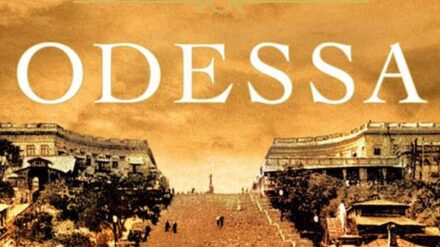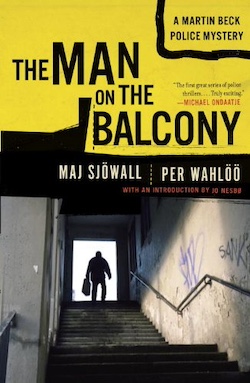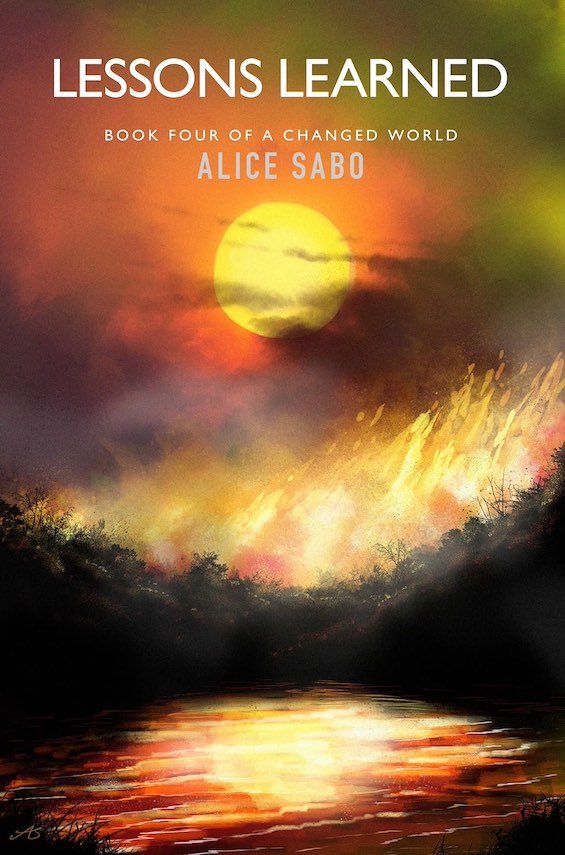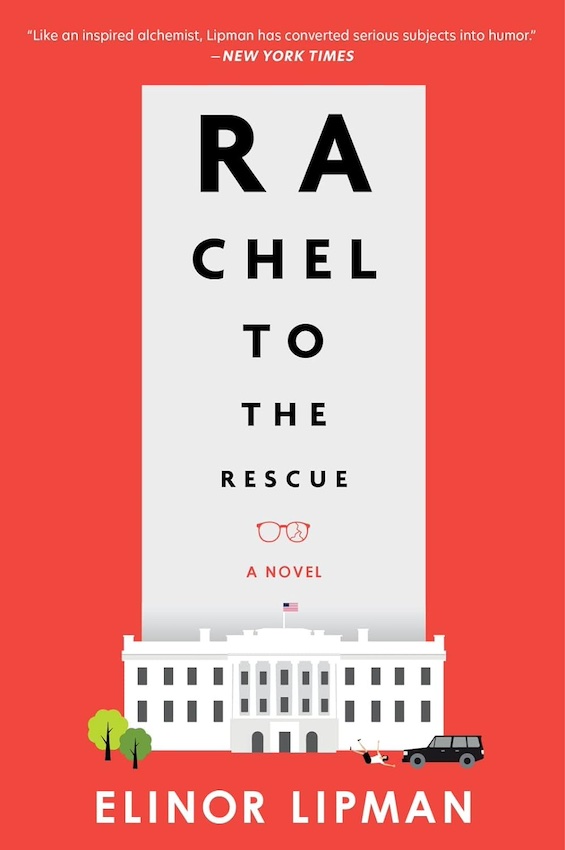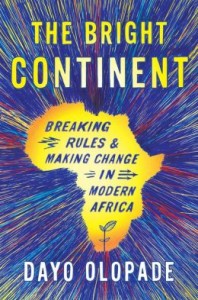
It starts with the title itself—Dayo Olopade‘s challenge to the prevailing sentiment that sub-Saharan Africa today is little different in its essence from the “dark continent” perceived by nineteenth century colonialists. In The Bright Continent, a book about economic change, Olopade catalogs an impressive number of innovative businesses, social sector ventures, and even an occasional government initiative that contribute to the fast growth of this long-underestimated region.
Estimated reading time: 5 minutes
To put Olopade’s story in context, the World Bank recently announced that economic growth in sub-Saharan Africa is expected to rise from 4.7 percent in 2013 to 5.2 percent in 2014, compared to 3.5 percent globally. And the CIA World Factbook lists eight African countroies among the twenty fast-growing nations in the world in 2013.
Notoriously unreliable statistics
However, these numbers must be interpreted with caution, since the measurement of economic indicators in most countries in the region is notoriously unreliable (as economist William Easterly reminded us in The Tyranny of Experts), and growth in GDP or even GDP per capita doesn’t necessarily mean that life is getting better for the seventy percent of sub-Saharan Africans (600 million) who live on $2 a day or less. Still, there is clearly a lot going on in Africa these days, and it’s time for the world to pay much closer attention.
The Bright Continent: Breaking Rules and Making Change in Modern Africa by Dayo Olopade ★★★★☆
Olopade, a first-generation Nigerian-American whose parents, both physicians, have roots in rural Nigeria, brings a fresh and well-grounded perspective to the project. She refuses to accede to conventional word usage, rejecting terms such as “developing country,” “emerging nation,” “poor country,” and “rich country” in favor of her own constructions. One is the term “fail state,” connoting a country whose government fails to deliver essential services but is not a “failed state,” which she applies only to Somalia.
Another is the distinction between “lean economies” and “fat economies.” (You can guess which is which. Not a bad way to look at things, is it?) She also organizes her material around a clever device she calls mapping, relating new developments in terms of five “maps” that dominate the reality of Africa today: Family, Technology, Commerce, Nature, and Youth. These five maps “showcase the unique institutions that bind black Africa together and are building its bright future,” Olopade writes.
Permeating the book is the concept of kanju, a term in the Nigerian language Yoruba that the author loosely translates as “hustle,” “strive,” “know how,” or “make do.” In practice, kanju means bending the rules and devising workarounds — a concept similar to the Hindi and Urdu term jugaad, which also is often used to characterize the unconventional solutions that people come up with out of necessity.
New ventures highlighted in this book about economic change
Here are just a few of the many recent ventures featured in The Bright Continent, every one of them an example of kanju in action:
- EGG-energy (Tanzania) wires homes and businesses and furnishes them with reliable electricity using rechargeable batteries, charged at central locations where customers exchange them for new ones—at half the cost of energy from the local (highly unreliable) grid.
- MPedigree and Sproxil (piloted in Ghana) use scratch-off codes with a phone number a customer may text to learn whether a medicine is authentic—in a region where thirty percent of drugs are counterfeit.
- M-PESA (Kenya) provides two-thirds of Kenya’s population with a banking and person-to-person funds transfer service using text messaging on mobile phones.
- Bridge International Academies (Kenya) operates hundreds of bare-bones private schools that offer consistent, quality education for $5 per child per month, supplanting ineffective and unreliable public schools.
Olopade emphasizes that virtually everywhere in the region, national governments are “a constant impediment to development progress,” typically ignored if possible and almost universally disdained. (She reports that ninety-two percent of the businesses in Lagos, Nigeria’s largest city with a population now estimated at 21 million, operate outside the law.) Rwanda is an outlier. There, the autocratic government of Paul Kagame enforces rapid and orderly development free of corruption in a pattern similar to that of Lee Kwan Yew in Singapore in decades past. Visitors to Rwanda, including friends of mine, note the surprise they registered when they learned that “everything works there.” The country is on a fast track toward middle income despite (some might say because of) a lack of high-priced natural resources.
The author’s blind spots
The author does have blind spots. I detected a couple of errors in her reporting, and, more consequentially, she seems to have been bamboozled by Columbia economist Jeffrey Sachs, the driving force behind the ill-fated Millennium Villages Project. Olopade refers to the project respectfully, although the available evidence points to the effort as a dismal failure. (The full story is told beautifully and authoritatively by Nina Munk in The Idealist, a biography of Dr. Sachs that focuses on the village project.)
In researching this book, Olopade, a journalist, spent many months traveling across the continent to observe the promising changes underway and interview the bright, resourceful, and usually young innovators who are creating change in one of the world’s most tradition-bound areas.
For related reading
This is one of 20 top books about Africa.
Like to read books about politics and current affairs? Check out Top 10 nonfiction books about politics.
If you enjoy reading nonfiction in general, you might also enjoy:
- Science explained in 10 excellent popular books
- 10 great biographies
- My 10 favorite books about business history
And you can always find my most popular reviews, and the most recent ones, on the Home Page.





